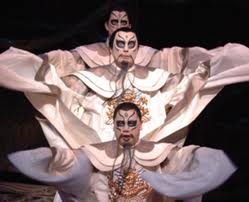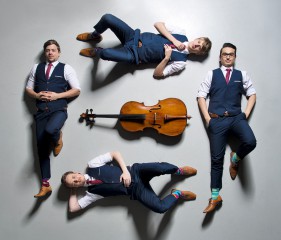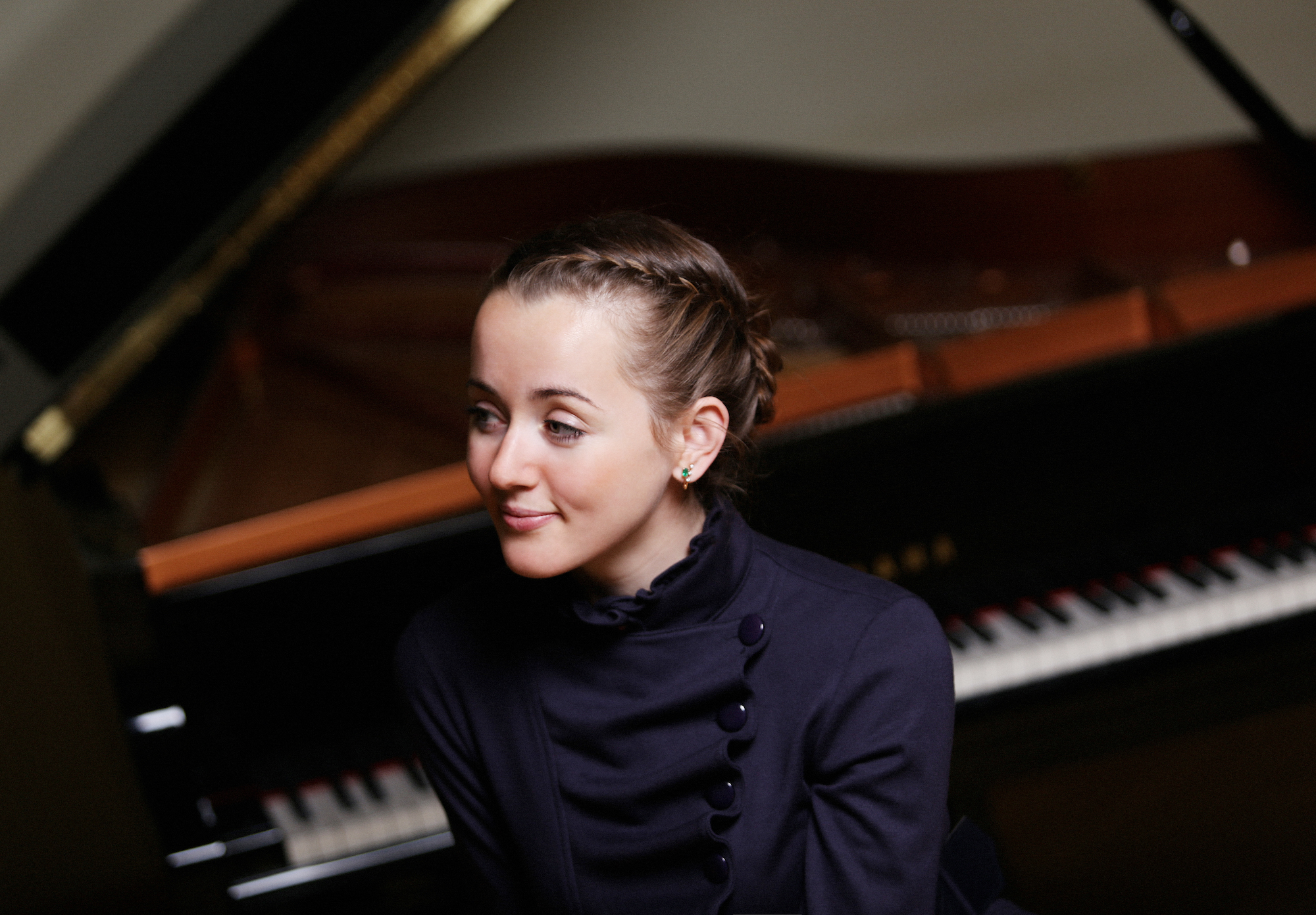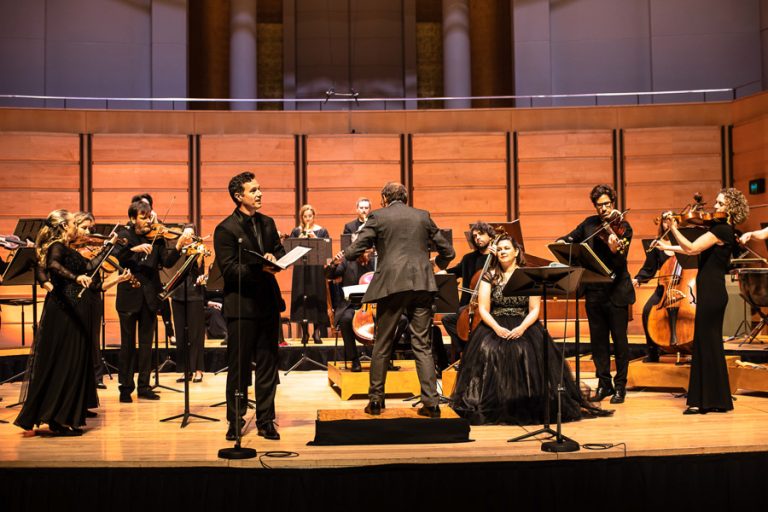“A stirring and insightful musical experience” – Turandot reviewed
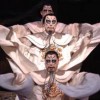
Among his many virtues as a composer, Giacomo Puccini was above all, a master of contrast – musical, dramatic and ultimately emotional. He combined musical genius with an incisive theatrical instinct to create operas full of thrilling grandiosity and gripping intimacy, often within minutes of each other. Nowhere is this more evident than in his final opus, Turandot, which he was unable to complete before his untimely death in 1924 and which was finished by his colleague Franco Alfano in 1926. “To make the world weep – herein lies everything”, he once wrote.
Graeme Murphy’s production for Opera Australia succeeds through a visually spectacular depiction of ancient China, but it rarely explores the psychological depths of the main characters: the traumatised princess Turandot, the exiled prince Calaf searching for redemption through glory and love, and finally, the selfless Liu, who despite being a slave girl, evolves into one of the most noble characters in opera. The greatest assets of this staging are exquisitely evocative design by Kristian Fredrikson and John Drummond Montgomery and its clever treatment of the chorus, which depicts an oppressed and bloodthirsty popolo di Pekino forever terrified by Turandot’s ruthless rule. However, it also suffers from over-choreographed scenes such as the Ping, Pang, Pong trio that subjugate the music and miss valuable opportunities to add expressive depth to the already plentiful visual feast.
In the title role, soprano Susan Foster is a vocally imposing presence, combining dramatically suitable power during her entrance and riddle scene with more subtle phrasing in the act 3 love duet, thereby highlighting the transformational effect of Calaf’s persistent desire for her. Rosario La Spina’s voice is perhaps more suited to the lyric Italian repertoire and he offered a rather bland reading of the passionate Calaf but his Nessun dorma was movingly sung and the audience responded to his performance with roars of approval. The best singing
of the night corresponded to Daria Masiero, a lush Italianate voice whose melting pianissimi in Act 1 were as thrilling as her heartbreaking darker, richer ‘sacrifice’ scene in Act 3. Judd Arthur’s Timur was vocally powerful and dramatically effective during his farewell of Liu.
One of the greatest advantages of the ‘ensemble’ structure of Opera Australia is that audiences are often treated to exceptional performances of secondary roles by emerging principal artists. This is certainly the case in this Turandot, starting with the commedia dell’arte trio of Ping, Pang and Pong, performed respectively by Andrew Moran, Graeme Macfarlane and David Corcoran, who all brought tremendous musical presence and exemplary dramatic versatility to these important characters. A further example of luxury casting was Warwick Fyfe’s commanding Mandarin, a voice perfectly suited to the heavy Verdian and Wagnerian repertoire and regretfully underutilised in Australia.
Finally, the Australian Opera and Ballet Orchestra conducted by Arvo Volmer and theOpera Australia Chorus and Children’s Chorus under Anthony Hunt provided world-class performances making this Turandot a stirring and insightful musical experience. The chorus’ best moments came at the climactic endings of each of the three acts but they also displayed remarkable dynamic control and lyricism at suitable moments. The orchestral climaxes were also suitably explosive but Volmer succeeded in bringing out the contrasting textures of arguably Puccini’s most richly expressive score.
Turandot
Opera Australia
Opera Theatre, Sydney Opera House
Season: 19 January – 21 March
Tickets: $70 – $297
Bookings: (02) 9318 8200 or
www.opera-australia.org.au

